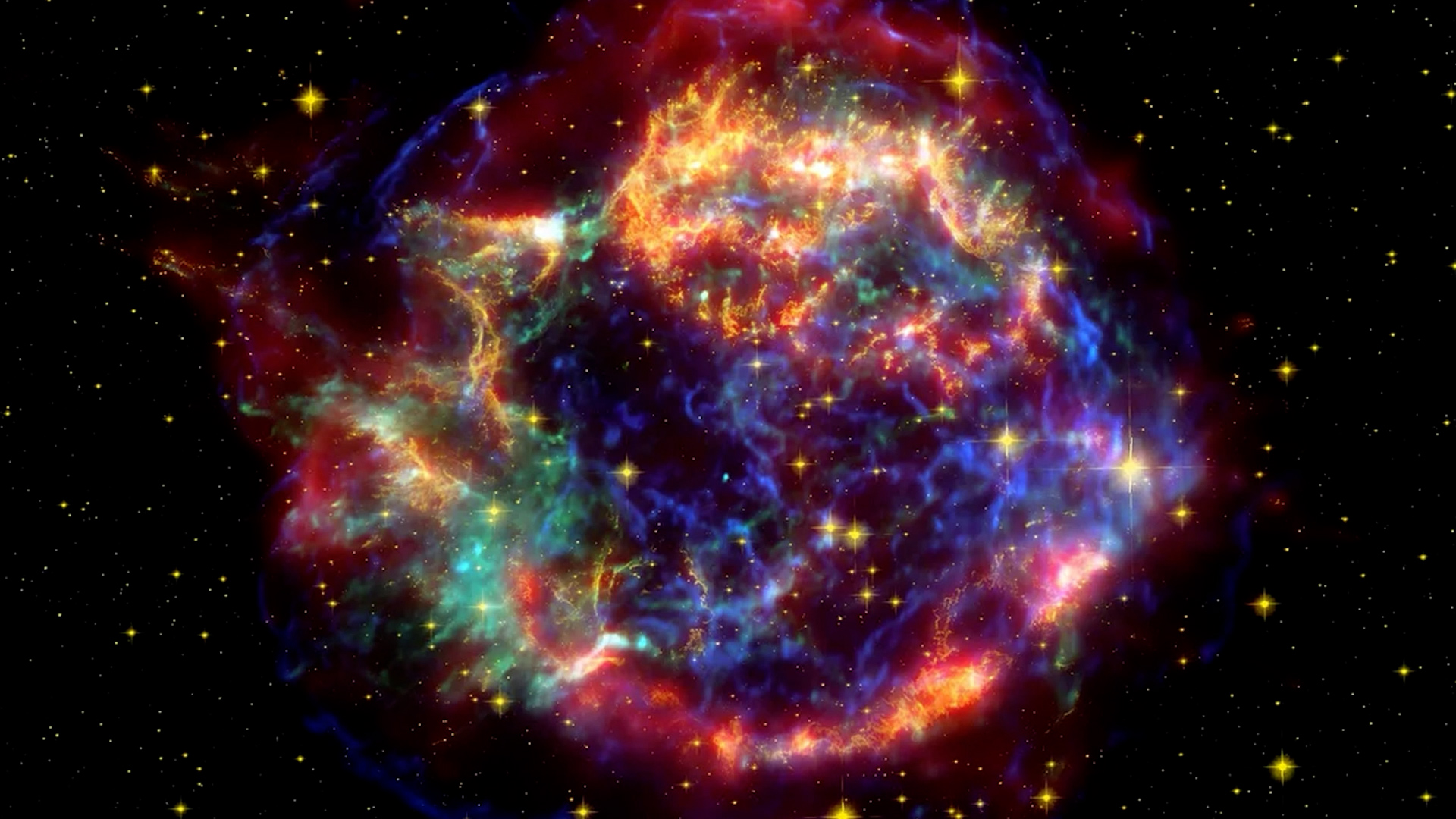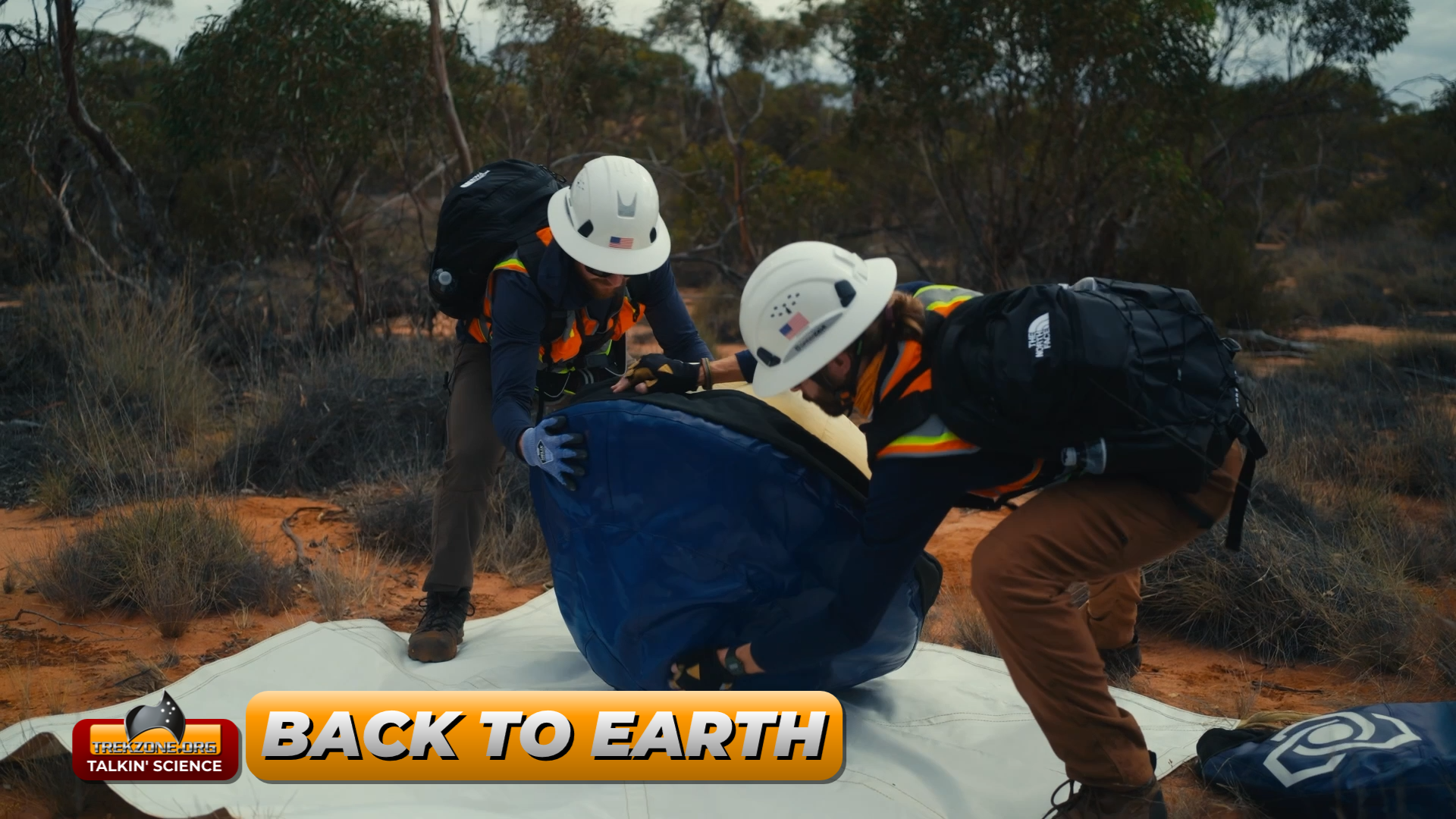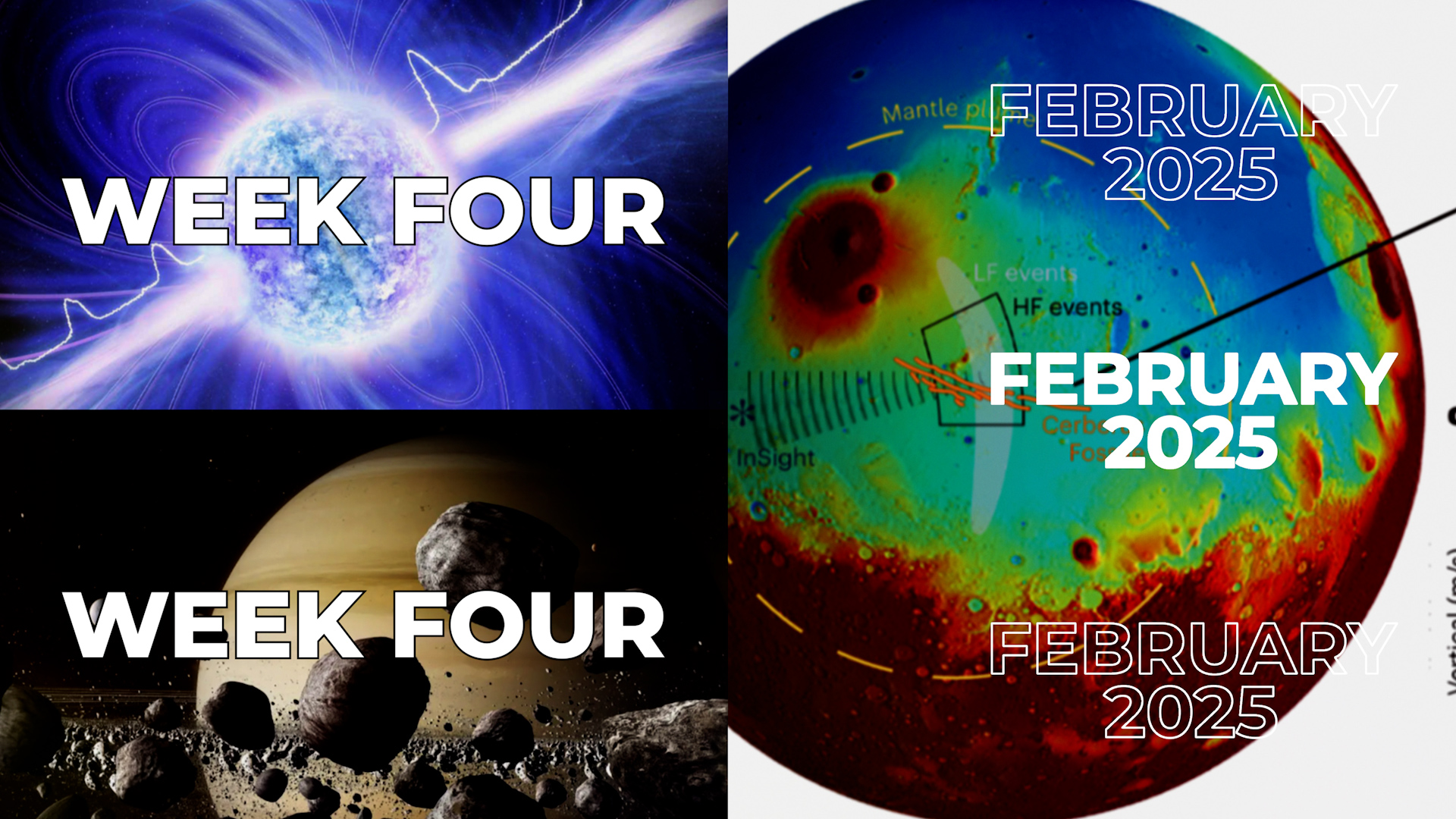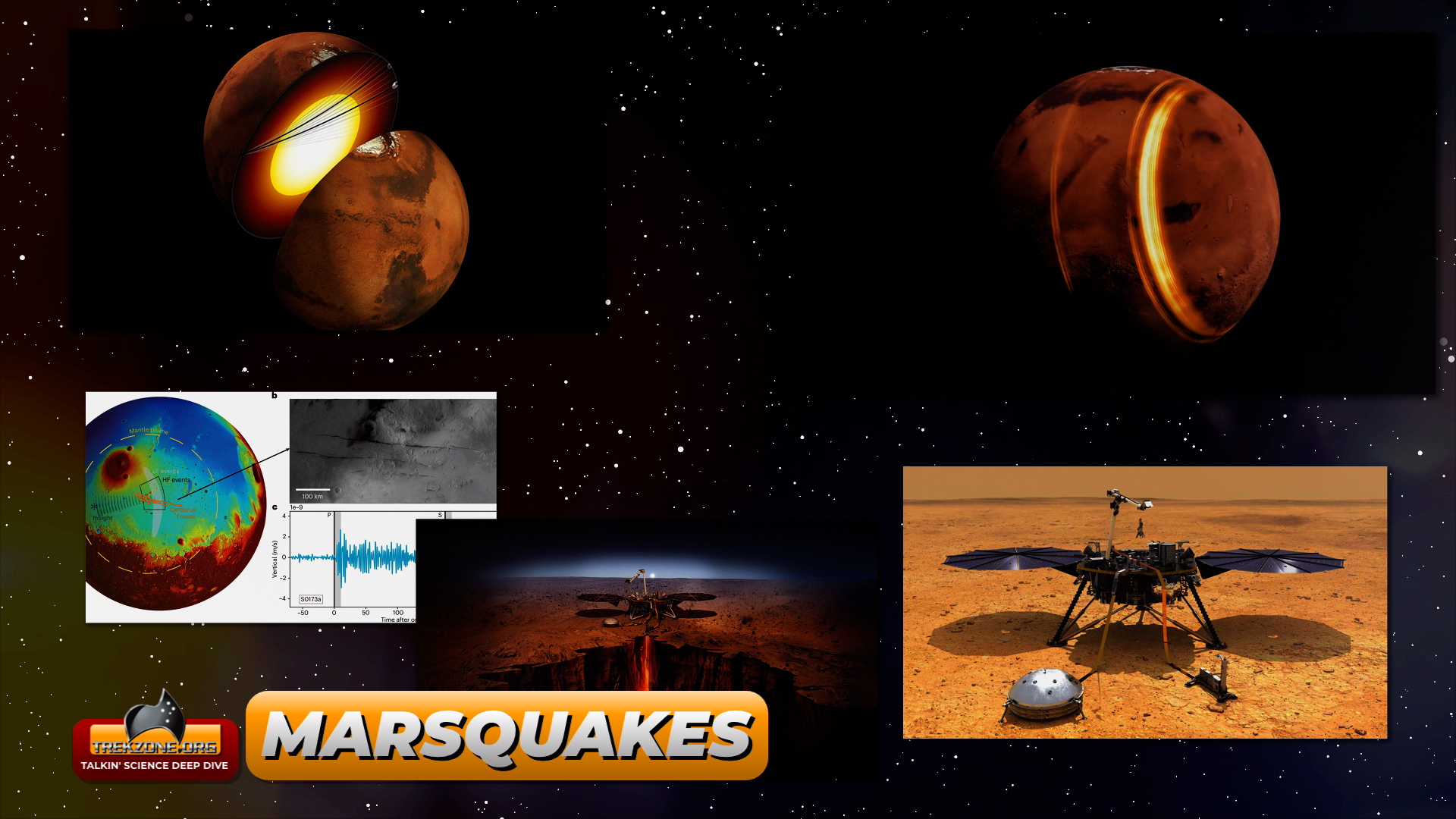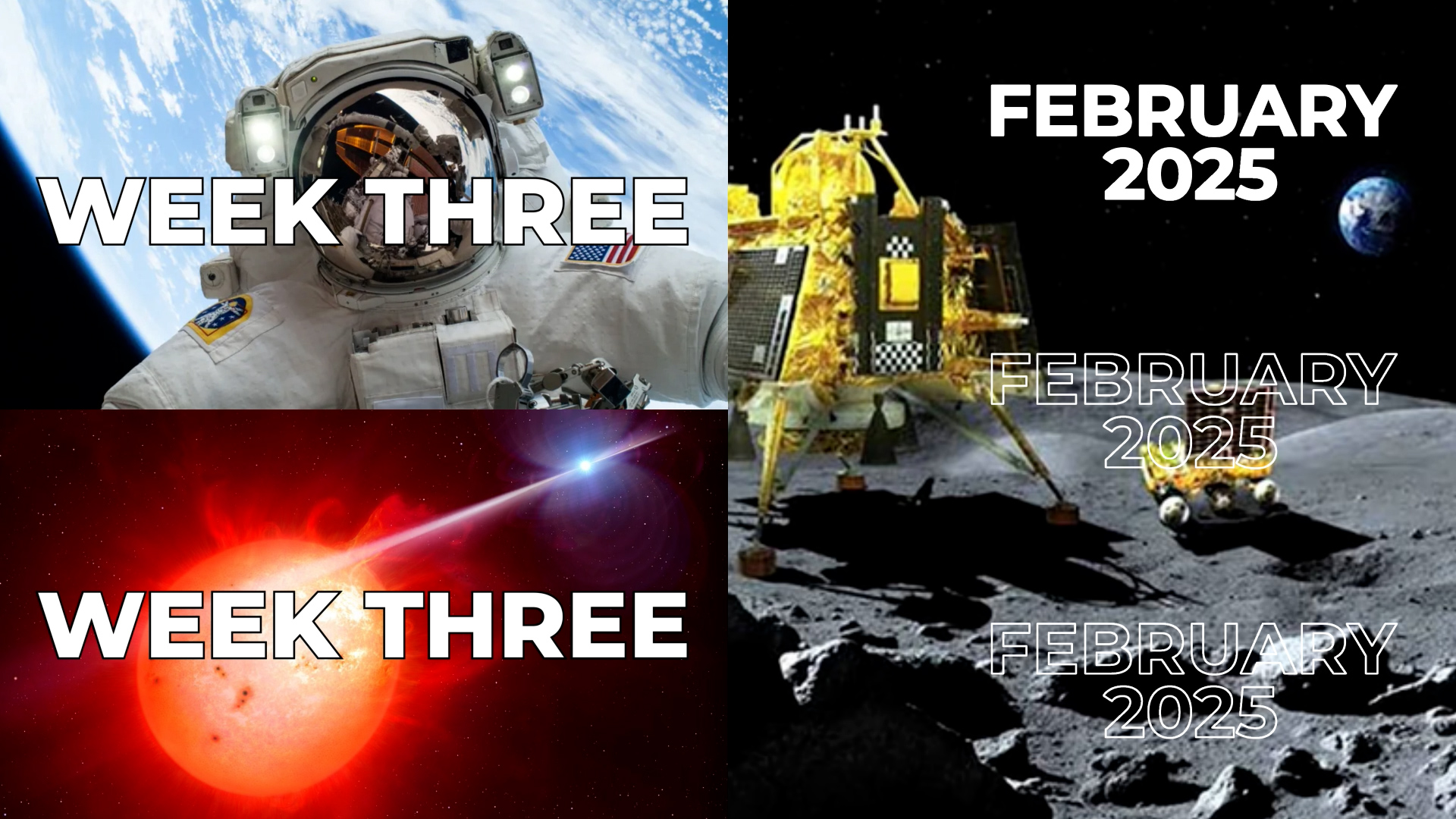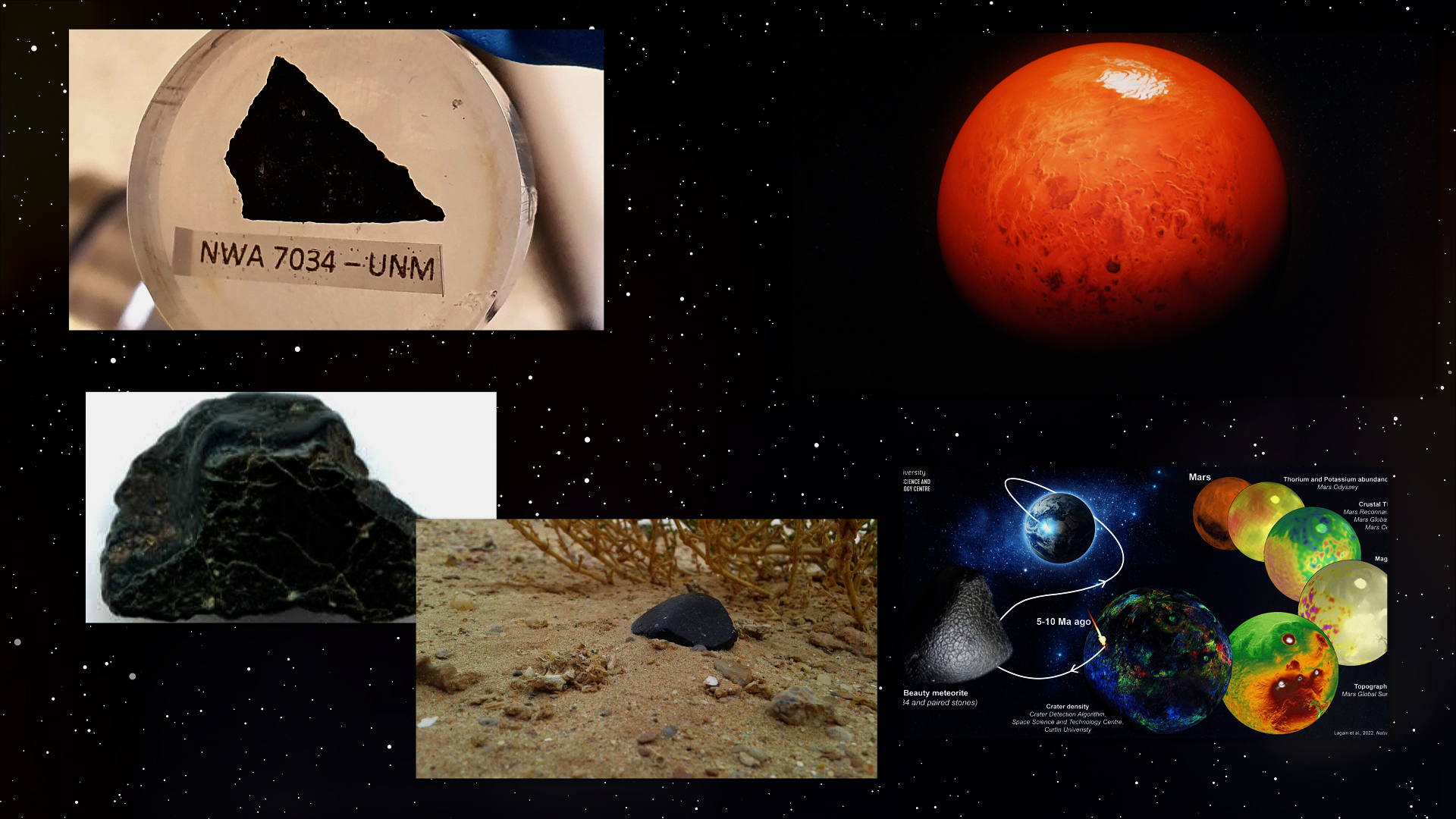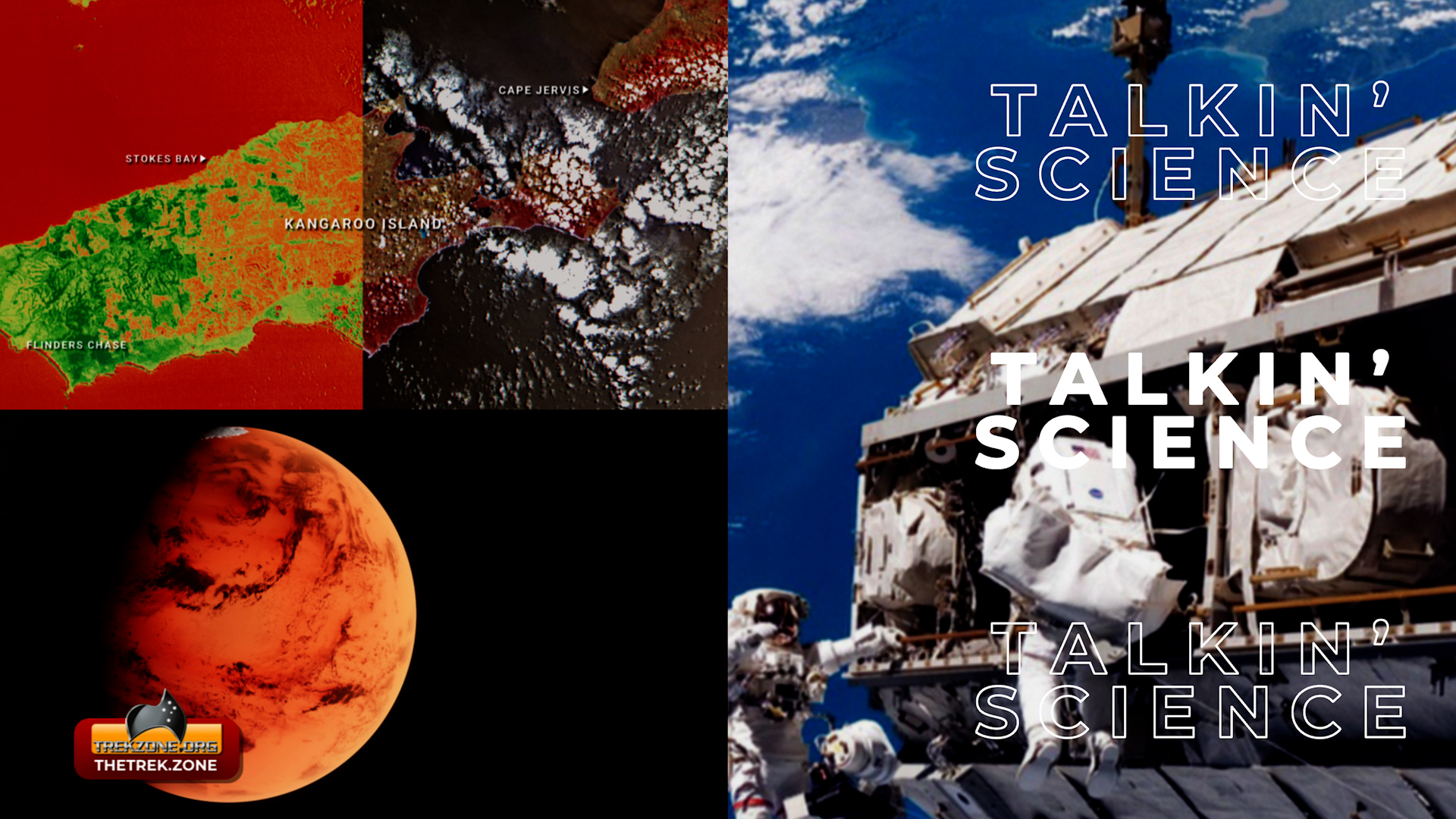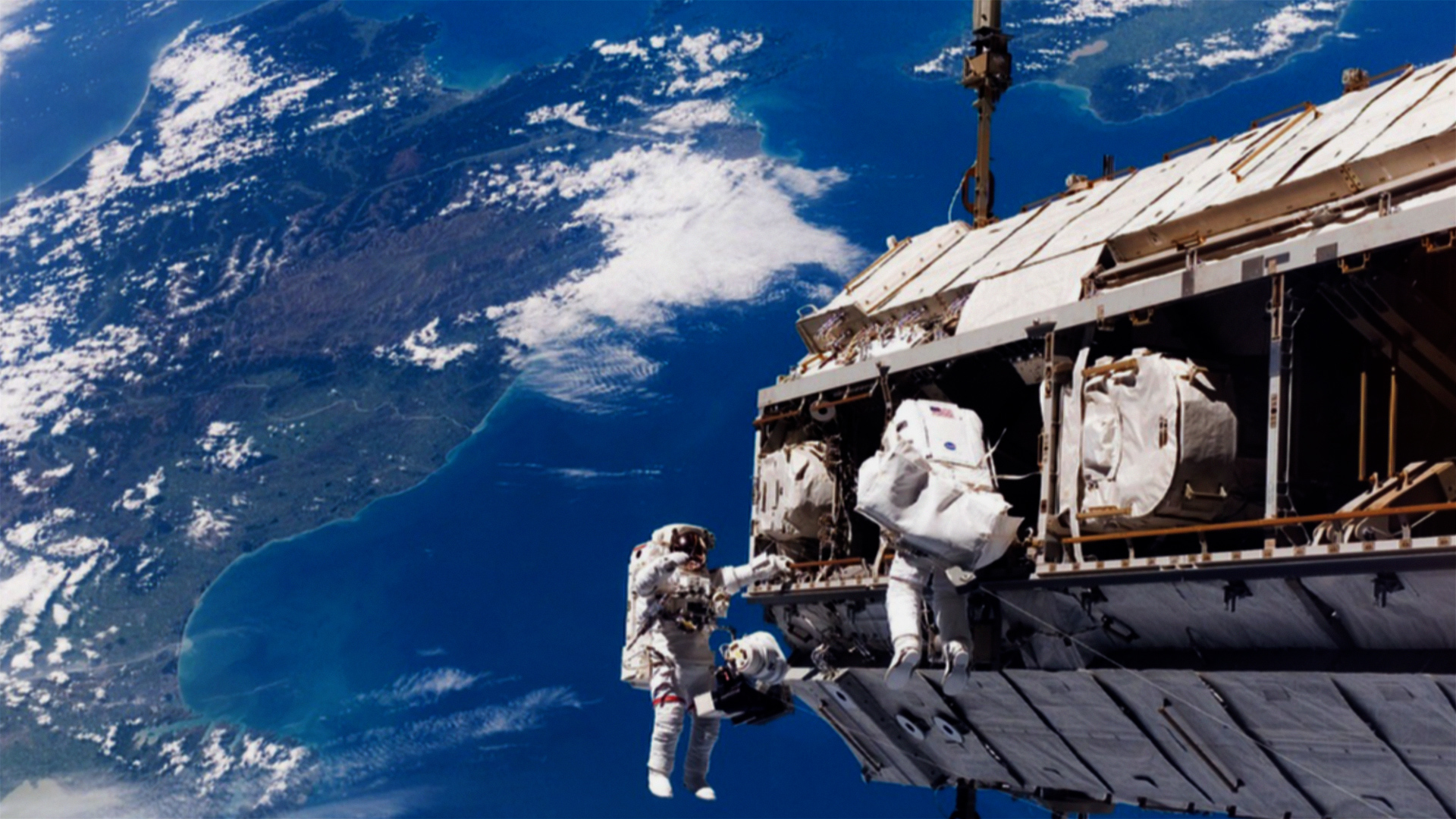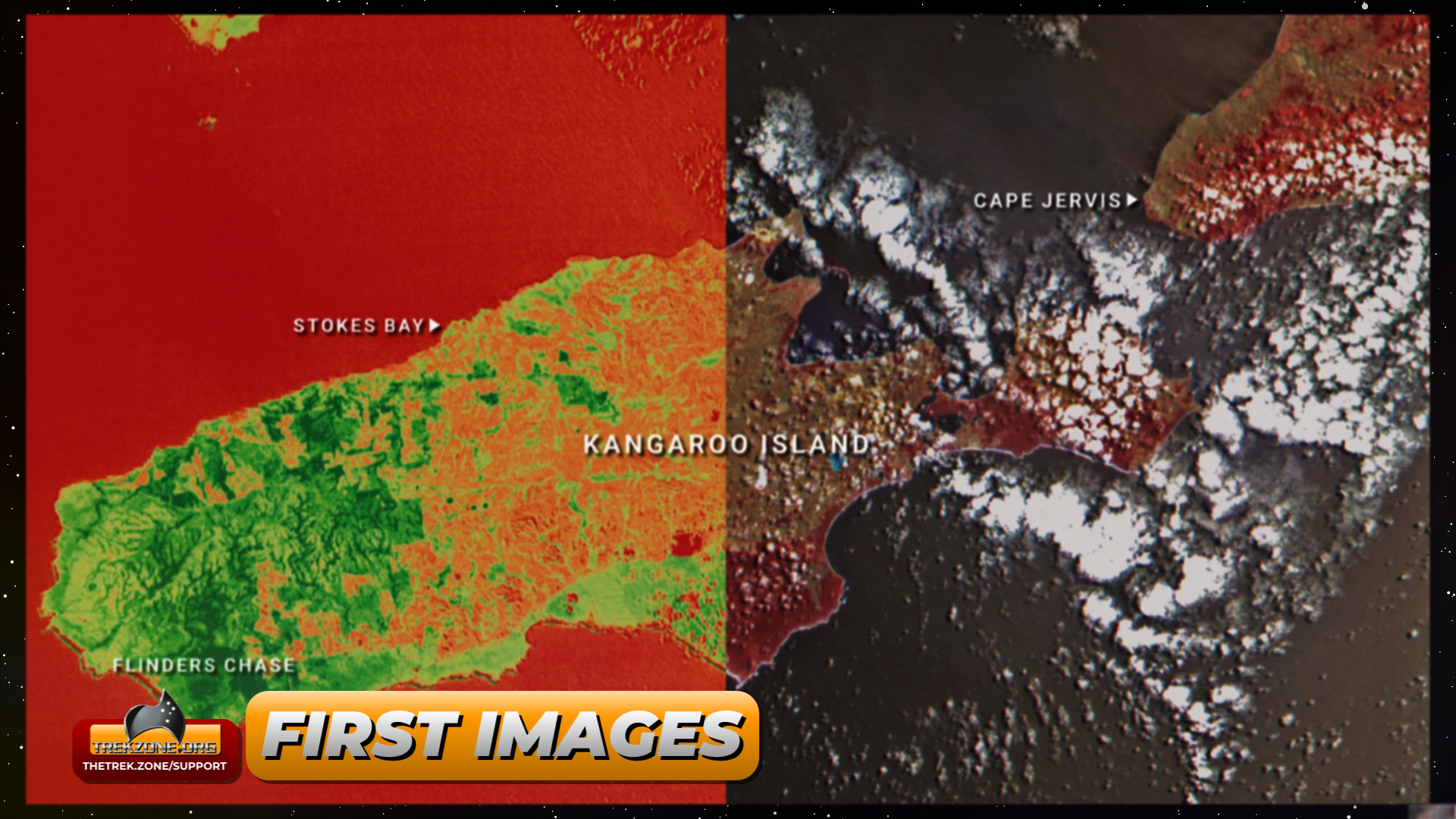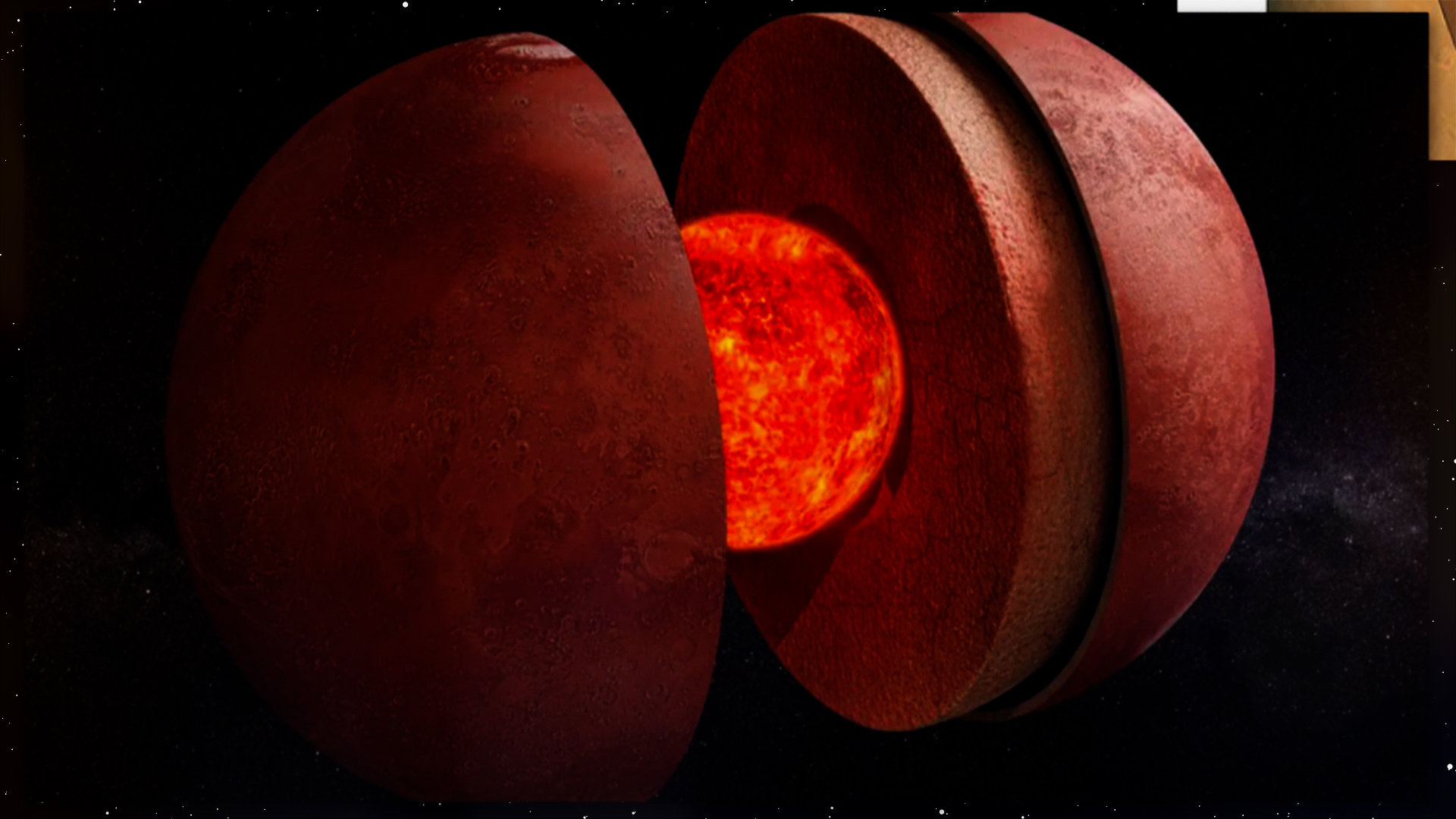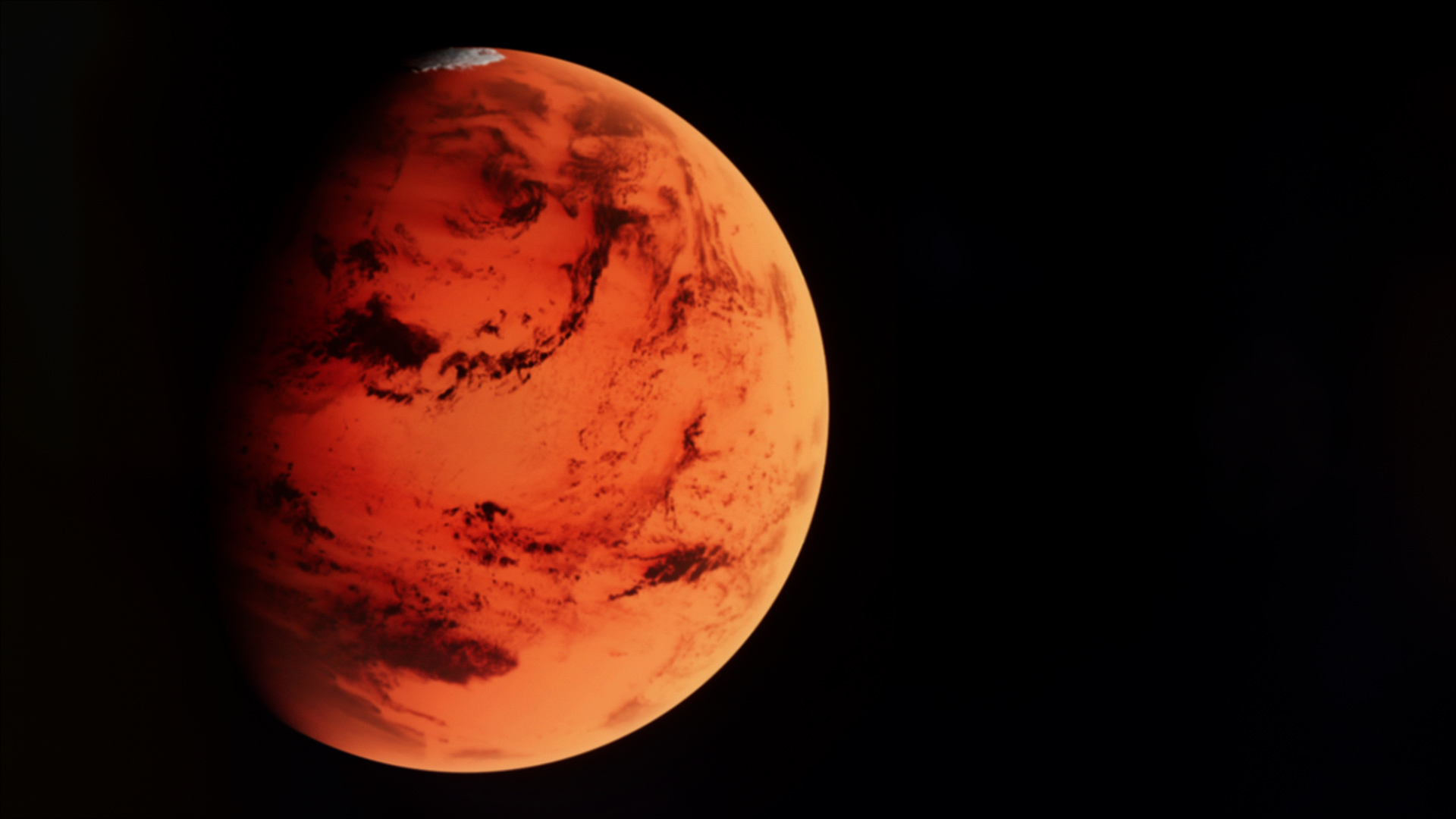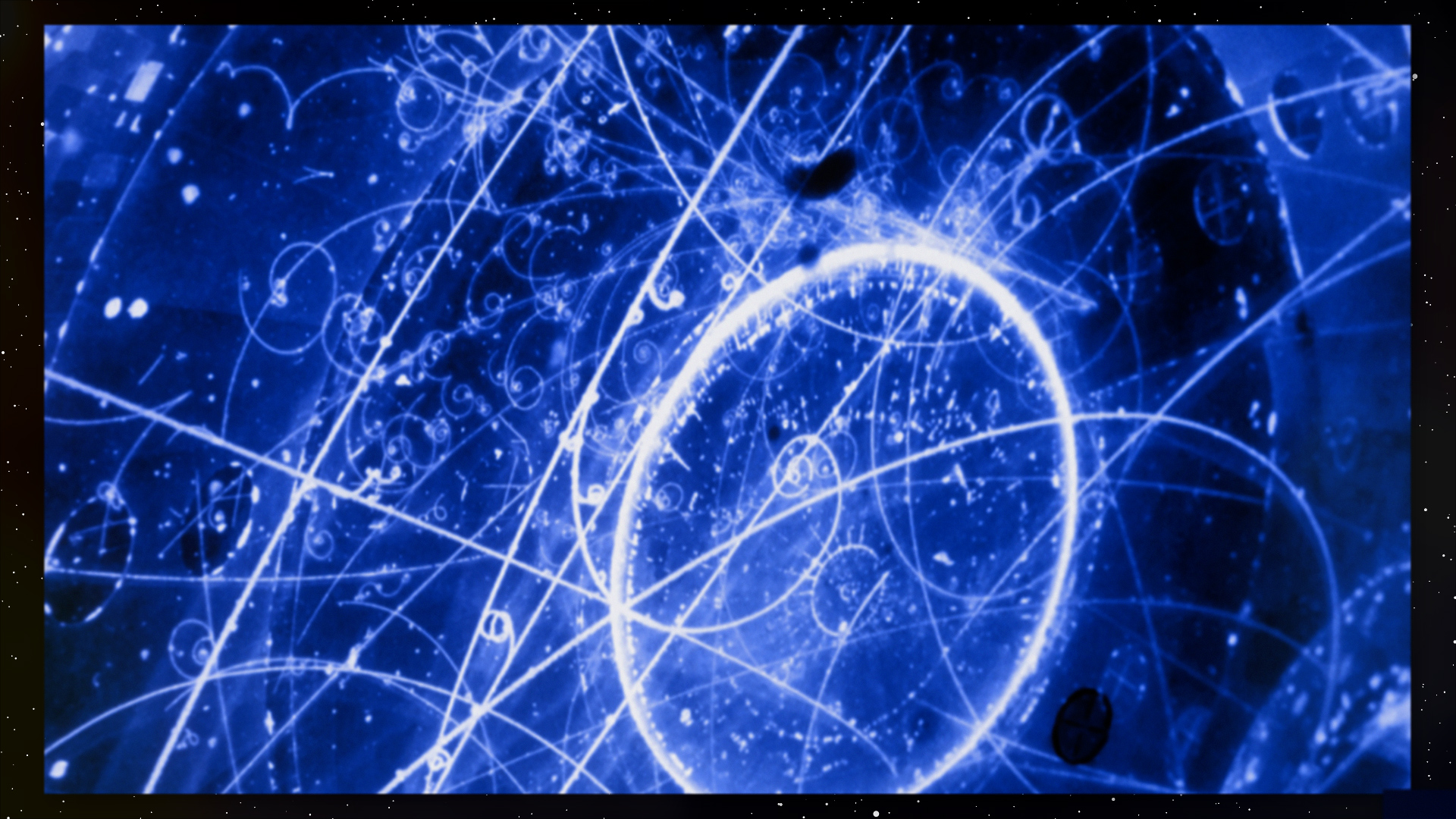That theory has always had its problems but now a team of New Zealand physicists are challenging the status quo, using improved analysis of supernovae light curves to show the Universe is expanding in a more varied, “lumpier” way – and that the idea of “dark energy” isn’t needed at all.
The new evidence supports the “timescape” model of cosmic expansion, which doesn’t have a need for dark energy because the differences in stretching light aren’t the result of an accelerating Universe but instead a consequence of how we calibrate time and distance.
The model suggests that a clock in the Milky Way would be about 35 per cent slower than the same one at an average position in large cosmic voids, meaning billions more years would have passed in voids. This would in turn allow more expansion of space, making it seem like the expansion is getting faster when such vast empty voids grow to dominate the Universe.
The new analysis has been published in the journal Monthly Notices of the Royal Astronomical Society Letters.

